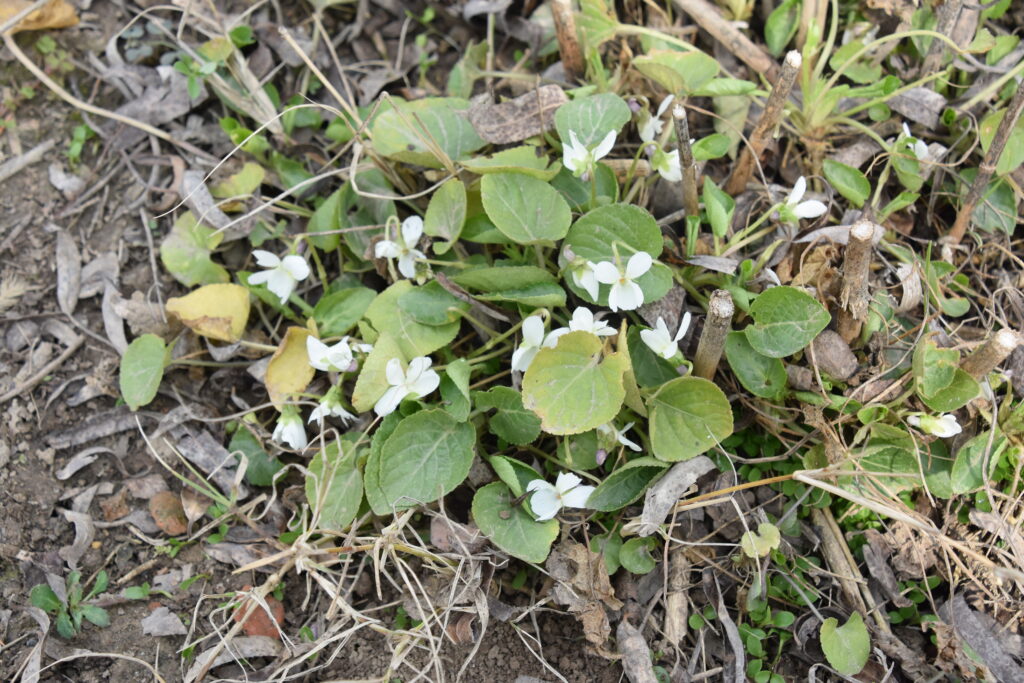Researchers at the University of Kashmir have discovered a new plant in the Kashmir Himalaya, which is one of the unique biodiversity hotspots in the world.
The plant was discovered by researchers of Centre for Biodiversity and Taxonomy, Department of Botany, University of Kashmir.
The researchers have named the plant as Viola suavis subsp naqshii and it belongs to genus Viola (commonly known as violets) and family (Violaceae). Notably, the findings were published last month in Phytotaxa, a leading international scientific journal.
Dr Anzar Khuroo, Associate Professor, Department of Botany, University of Kashmir said the new plant was discovered in Hazratbal, Srinagar. He said this is for the first time that this type of plant has been found in the world.
The researchers have named the plant in the honour of renowned plant taxonomist late Dr A. R. Naqshi, former faculty at Dept. of Botany, UoK.
Dr Naqshi had contributed in plant taxonomy and played an important role in establishing the KASH herbarium – recognized by New-York based Index Herbarium.
“It is important for a particular region and for the world as well. It is significant discovery from the science point of view,” Dr Anzar said.
“The plant has medicinal and ornamental properties and its gene can also be used in floriculture and horticulture for purpose of genetic improvement for which we require genes from wild which are resistant and can be used for transferring economic traits,” he said.
In India, 35 species of Viola have been reported till date and majority of these species are distributed in temperate and alpine areas of Indian Himalaya and a few occurring in the lower hills. Last year also the university published some species including one from Bangus valley.
Dr Anzar also said the world is facing two important issues that is climate change and biodiversity crisis posing challenges to the environment and also impact the economy and welfare of people.
“Scientists across the world continue their discoveries and there is a formal process involved in it. Whenever there is new discovery it is new to the science and nowhere else in the world that species is seen which we call discovery to science,” he said.

